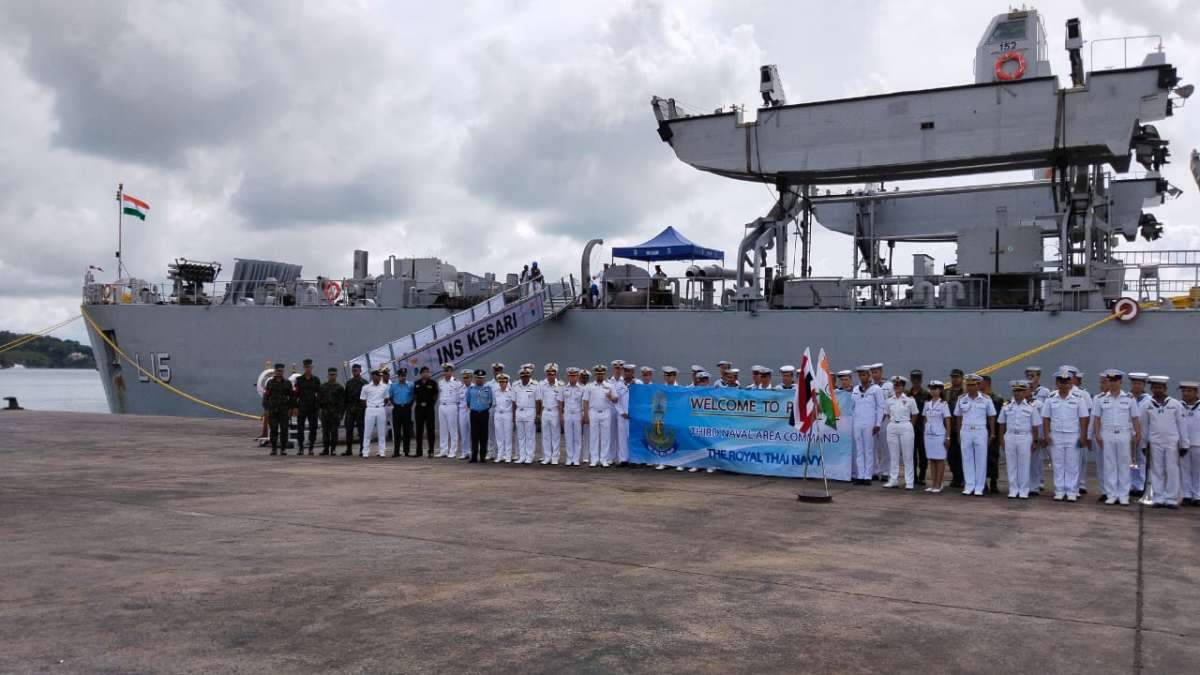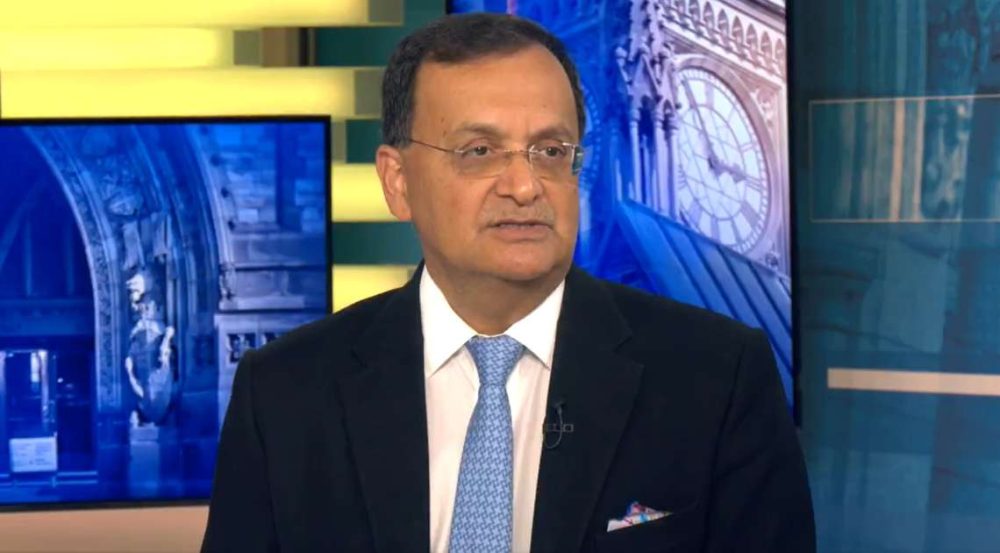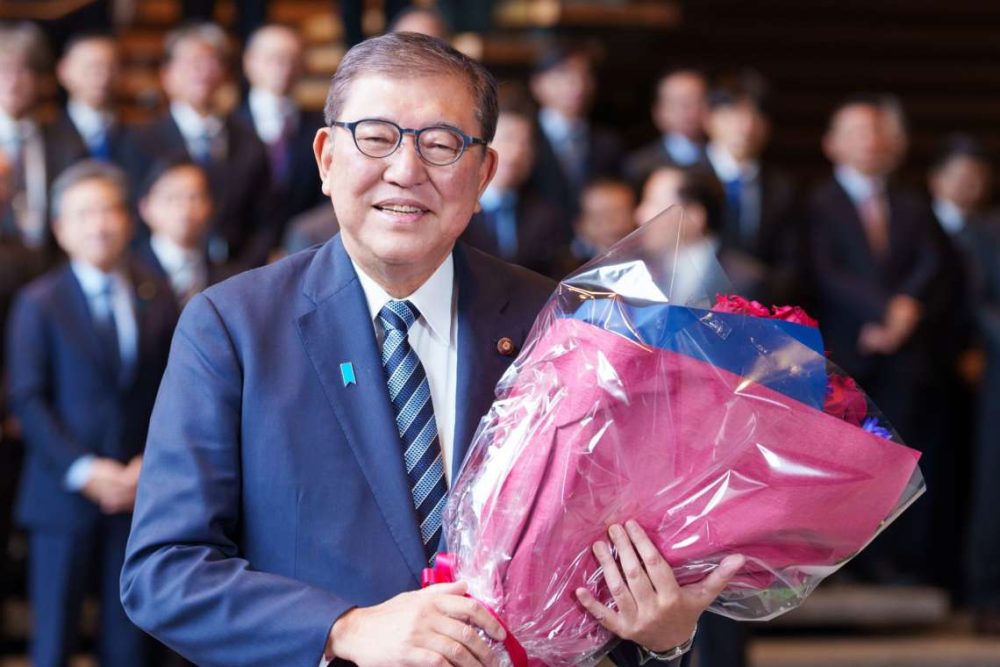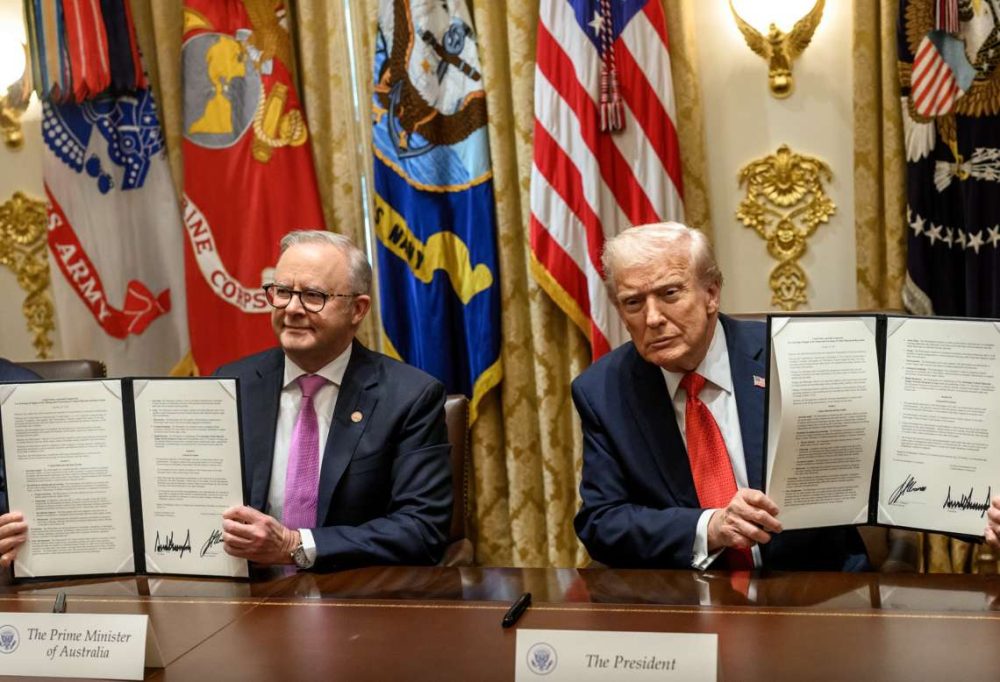The chief minister briefed about the effective action being taken against the Left Wing Extremist organisations and joint efforts of central and state police forces…reports Asian Lite News
At a high level meeting attended by Home Secretary Amit Shah and several chief ministers, Jharkhand Chief Minister Hemant Soren explained the effective action taken by the central and state police forces to contain Left Wing Extremist organisations and stem violence in the state.

Chief Minister Hemant Soren seeks the centre’s contribution towards building necessary infrastructure facilities in tribal areas across the State, which includes the construction of roads, assistance for Kasturba Balika Vidyalaya, developing comprehensive internet facilities across the state and improving the mobile-telecom facility in distant parts of the state
Chief Minister Shri Hemant Soren took part in the review meeting on ‘Left Wing Extremism and related issues on both security and development’ chaired by Union Home Minister Shri Amit Shah in New Delhi on Sunday.
The meeting with Union Ministers, Chief Ministers of the Maoist-affected States and senior officials of central & state governments was centred on the activities related to Left Wing extremism and other tied issues.
ALSO READ: Biden backs India’s bid for UNSC permanent membership, NSG entry
During the meeting, Chief Minister Shri Soren raised issues such as the Centre’s contribution to the development of tribal areas in the State as well as he requested the extension of the Special Central Assistance fund for Left Wing Extremism affected districts in the state.
Apart from this, he also presented the records related to action being taken against Left Wing Extremist Organisations and crucial steps being taken by the state government to curb Naxal activities in the state.
Requests to seek the centre’s contribution towards building necessary infrastructure facilities in tribal areas across the State, which includes the construction of roads, assistance for Kasturba Balika Vidyalaya, developing comprehensive internet facilities across the state and improving the mobile-telecom facility in distant parts of the state.
Also, Issues related to increasing the minimum daily wage of MGNREGA workers and bring it to par with other states was part of his address. In addition, he raised his concern on the required revision in pension schemes run by the Government of India under the ambit of social security, which is very critical for the people living in LWE affected districts.
Also, the chief minister requested the chair to revise the requisite conditions for the allotment of Eklavya Vidyalaya in tribal areas, which can open doors to the establishment of more Eklavya Vidyalaya in the state, which in turn will leverage more tribal students to get quality education.
In his address, the chief minister briefed about the effective action being taken against the Left Wing Extremist organisations and joint efforts of central and state police forces.
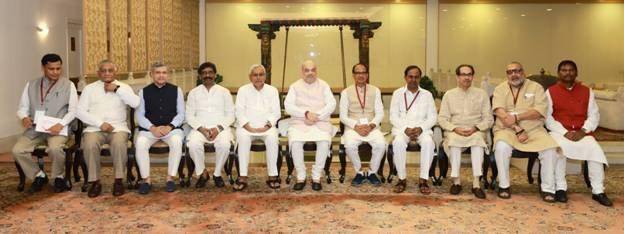
“In Jharkhand, effective action is being taken against the Left Wing Extremist organizations by establishing better coordination mechanisms between the Central and State Police Forces.” The chief minister said. “Specific intelligence input based operations are being conducted in the extremely Naxal affected areas, due to which there has been a steady reduction in Naxal violence.”
“As a result of these operations, the presence of hardcore extremists in the state has been limited to mainly four regions, namely Parasnath Pahar, Budha Pahar, Tri-junction of Seraikela-Khunti-Chaibasa district, Kolhan area and some areas along the Bihar border. I hope that if these operations are continued with the same intensity, then that day is not far when Left Wing Extremism can be wiped out from these places as well.”
Regarding the action against extremist organizations, the chief minister said: “Due to the joint efforts of both the Central and State Government, on the one hand, there has been a reduction in the number of extremist incidents, and on the other, we have been successful in the action against extremist organizations.”
“196 extremist incidents were reported in the year 2016 which has come down to 126 in the year 2020. Similarly, 61 civilians were killed by extremists in the year 2016, whereas this number was 28 in the year 2020.”
“A total of 85 police weapons, 13,432 rounds of bullets, 515 IEDs and 1,052 kg of explosives have been recovered from the beginning of 2020 till August 2021. Additionally, a total of 715 militants have been arrested, which includes 01 Special Area Committee member, 01 Regional Committee member, 12 Zonal Commanders, 13 Sub-Zonal Commanders and 32 Area Commanders. Among those arrested, a reward of Rs 25 lakh was announced on Praduman Sharma, a special area committee member of the CPI(Maoist) and Rs 15 lakh on the regional committee member, Ramesh Ganjhu alias Azad.”
The chief minister said there is an attractive surrender policy in the state to bring misguided youth into mainstream.
Mentioning the surrender policy of Jharkhand, CM Shri Soren said: “In the year 2020 and up to August 2021, 27 dreaded extremists have also surrendered. This includes 01 Regional Committee Member, 02 Zonal Commanders, 10 Sub-Zonal Commanders and 04 Area Commanders. This was all possible because of an attractive surrender policy of the state. The surrender policy is also being advertised throughout the state. Efforts are being made through community policing to bring these misguided youth back into the mainstream.”
Seeking cooperation from the Chhattisgarh government in the Budha Pahar region, the chief minister said: “In our state, Naxals have made an inaccessible place called Budha Pahar their sanctuary. A large portion of this area falls under the state of Chhattisgarh. So far, no major operation has been conducted against the Naxalites in this region. This is possible only with the help and support of Chhattisgarh.”
“I would request my colleague, the Hon’ble Chief Minister of Chhattisgarh that he instructs his officers to coordinate with Jharkhand Police for conducting a joint operation against the Naxalites in this region”, he added.
Chief Minister Soren also said a joint effort from central & state government is need of the hour to uphold the principle of cooperative federalism.
“The problem of Left Wing Extremism is a big challenge for both the Central and the State Government,” Mr Soren said. “As much as the responsibility of ending it is on the state government, the responsibility lies with the central government as well. The central and state governments have to deal with this problem together on the principle of cooperative federalism.”
“Whereas, in this scenario, it does not seem pragmatic on the part of the Government of India to demand money from the State Governments for the deployment of the Central Security Forces. I have been informed that till now a bill of Rs 10,000 crore has been raised by the Ministry of Home Affairs against the state of Jharkhand in this regard. It is my humble request that these bills be written off. Also, the GoI should take a decision not to send such bills to the state governments in the future.”
Talking about the discontinuation of centrally sponsored schemes, especially for LWE affected districts, Mr Soren said, “In past, several schemes were rolled out by the Ministry of Home Affairs, GoI for the eradication of extremism. Special benefits were entitled through these schemes. But, it has been observed that for some districts these schemes were suddenly rolled back, thereby hurting the efforts being made towards the eradication of extremism.”
“I do not know the criteria upon which the decision was taken to discontinue these schemes. But, I would like to say that absence of incidents of extremism cannot be the basis for concluding that extremism has been eradicated in those districts. Sudden discontinuation of these schemes may allow the Left-wing to take shape again in the respective region”, he added.
Mentioning the SAHAY scheme(Sports Action Toward Harnessing Aspiration of Youth) the chief minister drew the attention of the chair towards the requirement of dedicated schemes for LWE affected districts. He said, “Sudden discontinuation of schemes and reduction in central assistance in Naxal affected areas is unfortunate. Our focus should be on devising strategies that connect people living in LWE affected areas with development-oriented activities. An example of the same is the SAHAY (Sports Action Toward Harnessing Aspiration of Youth) scheme which will be launched by our government shortly. Under this scheme, youth and other people residing in these areas will be connected through various sports activities and ensure their holistic development.”
Expressing his concern over the discontinuation of SCA funds for 8 LWE affected districts. CM, Shri Soren said: “Special Central Assistance, under which an amount of Rs 33 crore per district was provided by the Government of India. This scheme has played a commendable role in filling the critical infrastructure gap. Initially, this scheme was sanctioned for 16 districts, but this year only 8 districts have been continued under this scheme. Similarly, Koderma, Ramgarh and Simdega have been excluded from the SRE scheme, which is also a centrally sponsored scheme. Therefore, it will be my request to continue both these schemes in all the Naxal affected districts for the next five years.”
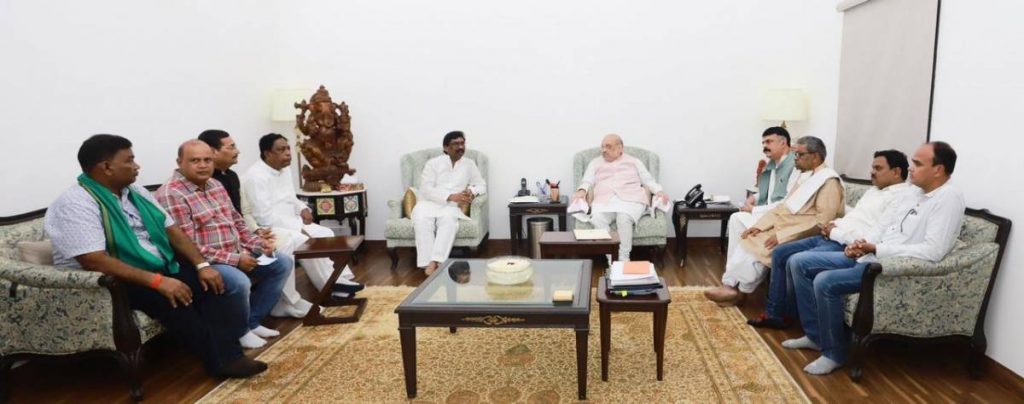
The chief minister also requested the centre to improve the connectivity of roads in nasal affected areas RRP and RCPLWEA schemes.
Chief Minister said: “Under the aforementioned schemes, a proposal of 775 km of road construction under RCPLWEA scheme with a focus on rural roads in LWE districts is pending approval by the Ministry of Rural Development and 1068 km of roads for approval by the Ministry of Home Affairs. It is my humble request that approval to both the schemes be given to us at the earliest.”
“The problem of Naxalism in the affected areas can be tackled at two different levels – One is through security measures and the other is via ideological measures. It will be dishonesty on our part if we do not deliberate upon improving the socio-economic condition of LWE affected areas.”
“MGNREGA is an effective measure, which can be leveraged to improve the standards of living in the LWE affected areas. We are rigorously pushing MGNREGA in Jharkhand; however, the wage that the labourers are getting in Jharkhand is amongst the lowest in the country. In other states, the daily wage is over Rs.300/day, but in Jharkhand, it is capped at Rs.200/day.”
Elaborating the issue further, the chief minister said: “There are states in the country where there is a separate wage bracket being followed in the scheduled area and a separate wage for non-scheduled areas. We at our own cost have decided to increase the wages from the state fund but this injustice should be addressed at the earliest. Hardworking Jharkhandis should be rightly compensated for their work under MGNREGA, like in other states.”
Raising issues related to pensions given to old/widow/disabled people, Mr Soren Said: “There is also a need to revise the various pension schemes being run by the Government of India under the ambit of social security. Presently, the Government of India provides mere Rs. 250 per month to an old/widow/disabled person in the form of living assistance. For the Naxal affected areas, where earning a livelihood is more difficult as compared to other areas, this amount needs to be revised. By giving just Rs. 8/day, I don’t think we can secure their rights or help them in living a dignified life.”
The chief minister also highlighted the need of awareness and access to correct and timely information to stem violence.
“To improve connectivity, 782 mobile towers were constructed in the state by the Government of India. The proposal to upgrade these towers from 2G to 4G and to install mobile towers at 1052 new places is still pending approval. I would request that these proposals be approved at the earliest so that the efforts to eradicate extremism can progress further. The biggest drawback that is seen in the Naxal-affected area is the lack of timely access to correct information and lack of awareness regarding government schemes.”
Mentioning the state’s effort to create a digital infrastructure across different panchayats, he said, “Efforts are being made towards ensuring mass awareness. We are building a ‘Digital Pitara’ centre across every Panchayat. These centres will be equipped with an internet connection, large LED screens etc, a small cinema house located at the village level, which will also be used for training people, giving information about schemes, etc. These ambitious schemes would take shape only when the central government does not make any further cuts in financial assistance.”
Chief Minister Soren said: “Over time, governments have established Eklavya Vidyalayas and Kasturba Gandhi Balika Vidyalayas, which are successfully running in the state. But, I want to draw your attention to the amount being received by Kasturba Schools. On one hand, Eklavya Vidyalaya bears Rs. 1,04,000/- per child, whereas for girls studying in Kasturba Gandhi Balika Vidyalaya, this amount is only 28,000/- per child.”
“There are 261 blocks in Jharkhand, but in only 203 blocks, a Kasturba Vidyalaya has been constructed with the help of the central government. 57 schools have been started by the state government with its funds. Due to good results, a large number of daughters are eager to enrol themselves in these schools.”
“Districts of Jharkhand are most affected by Naxalism, we expect better cooperation for the 100 Kasturba schools and in helping us establish schools in the most affected areas. I expect and believe that these girls’ residential schools should also get adequate financial attention like Eklavya Vidyalaya. There should be no difference in the way we think and plan the futures of our sons and daughters.”
In the concluding remarks, the chief minister said: “I like to assure Hon’ble Minister that there will always be better coordination between our Government and the Central Government in the anti-Naxal operations and I am certain that all of us together will win this battle.”



